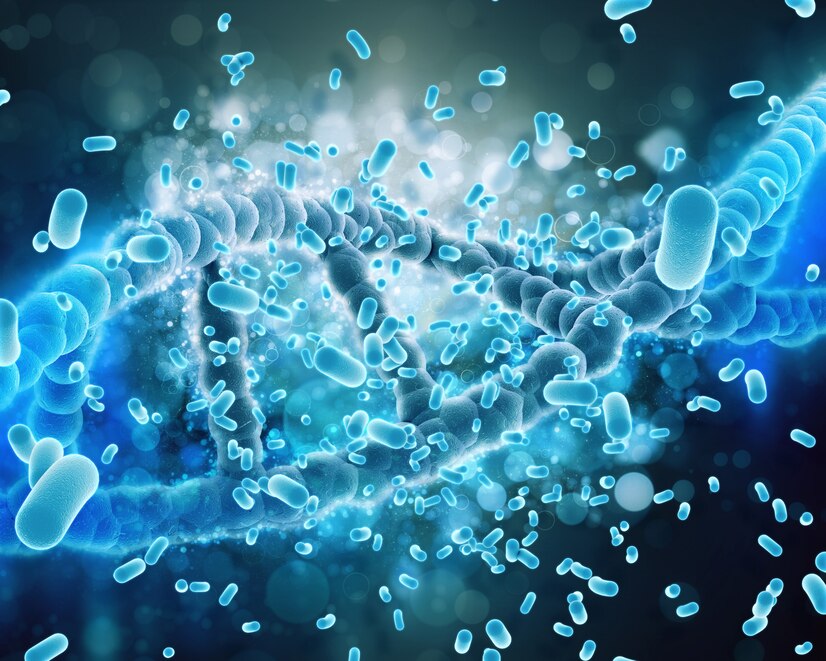CRISPR gene editing health impact is gaining massive attention in science and medicine. Nine Nine News highlights how CRISPR technology is changing the way diseases are treated, offering a fresh path to improved wellness and long-term recovery.
CRISPR gene editing health impact is felt strongly across fields like cancer therapy, genetic disorders, and immune system repair. This tool makes precise changes in DNA, giving doctors new ways to target illness from its genetic foundation.
Breakthroughs in Treating Genetic Disorders
CRISPR is proving effective in correcting genes responsible for inherited conditions. From sickle cell anemia to cystic fibrosis, researchers are reversing damage and helping bodies heal from the root cause of chronic disease.
CRISPR in Cancer Immunotherapy
Scientists are using CRISPR to reprogram immune cells to identify and destroy tumors more efficiently. This targeted method may reduce side effects compared to standard treatments, while raising survival rates.
Reducing the Risk of Hereditary Diseases
By editing out faulty DNA from embryos or stem cells, CRISPR offers future generations protection from diseases before they begin. Ethical concerns remain, but the technology’s promise is strong and expanding.
Impact on Rare and Untreatable Illnesses
CRISPR opens doors for treating conditions previously considered untreatable. Genetic blindness, muscular dystrophy, and enzyme deficiencies are all under study with encouraging outcomes in trials.
Boosting Accuracy and Reducing Side Effects
CRISPR’s precision allows gene changes without harming healthy tissue. This makes it safer than earlier genetic tools and means fewer complications during treatment.
Global Accessibility and Future Expansion
As CRISPR becomes more affordable, more countries are adopting it. Clinics and labs around the world are starting trials, pushing this technology toward common medical use.
FAQs:
Q1. What is the CRISPR gene editing health impact today?
A: The CRISPR gene editing health impact is seen in improved treatments for cancer, genetic diseases, and rare conditions through accurate DNA correction.
Q2. How safe is CRISPR in medical treatments?
A: CRISPR is considered relatively safe due to its precision, though researchers continue to monitor for any unintended changes in edited genes.
Q3. Can CRISPR help prevent diseases before birth?
A: Yes, CRISPR can remove harmful mutations in embryos or stem cells, potentially preventing inherited diseases from developing in the first place.
Q4. Is CRISPR being used in hospitals today?
A: Some hospitals have started experimental treatments using CRISPR, mostly in clinical trials focusing on cancer and rare genetic disorders.
Q5. How does CRISPR differ from past gene editing tools?
A: CRISPR is faster, more accurate, and cheaper, allowing scientists to target specific genes without damaging surrounding healthy DNA.
Conclusion:
CRISPR gene editing health impact is reshaping modern medicine by targeting disease at its genetic source. From hereditary disorders to cancer treatment, this tool brings new hope to global healthcare. As its reach grows, CRISPR promises a healthier tomorrow.


